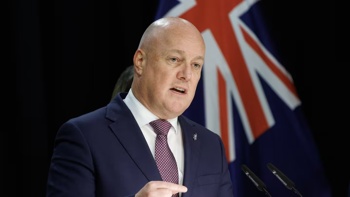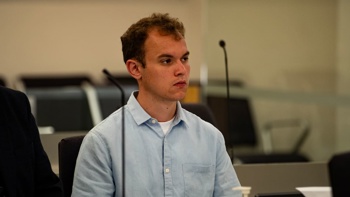Prime Minister Christopher Luxon will deliver a formal apology to those who experienced state and faith-based care on November 12 at Parliament.
The final report from the long-running Abuse in Care Royal Commission of Inquiry will be presented to Parliament – and released publicly – on Wednesday, more than five years after the terms of reference were first announced.
The inquiry was established in 2018 to investigate the abuse and neglect of children, young people and adults in state and faith-based care from 1950 to 1999.
The inquiry – the largest and most complex in New Zealand’s history – included accounts from almost 3000 survivors, analysed more than 1.1 million documents and held more than 130 days of public hearings.
Luxon said what he read of the report so far was “horrific and harrowing”. The report was 3000 pages long and weighed 14kg.
“This is a shameful part of our history. There are 3000 survivors who have actually contributed and had the bravery and courage to make their contributions to that,” he said.
“I want them to be heard and I want them to know on Wednesday that they are being heard.”
In an article published on Monday, the leader of Black Power Auckland, Puks, told the Herald that redress for victims of historical state and faith abuse could not just be about “shut-up money”.
“How the hell is one meant to function in life generally? For a lot of them, the abuse and violence they went through, they thought it was normal,” he said.
Puks did not enter state care himself, but his wife did, and so did many whānau in his chapter. He said most suffered traumatic experiences.
He wants justice for those who were damaged as children.
“You can’t put any timeframe on things when it comes to pain and trauma. It takes as long as it takes. You know, the right measures need to be put in place, the full wraparound. Not just financial ‘shut-up’ money.”
Luxon will consult with different survivor groups before making the formal apology on November 12 from Parliament.
“Let’s be clear there will be a range of opinions around that but what is important is we do the right thing here.
“This is really, really important to get right.”
Julia Gabel is a Wellington-based political reporter. She joined the Herald in 2020 and has most recently focused on data journalism.
Take your Radio, Podcasts and Music with you









